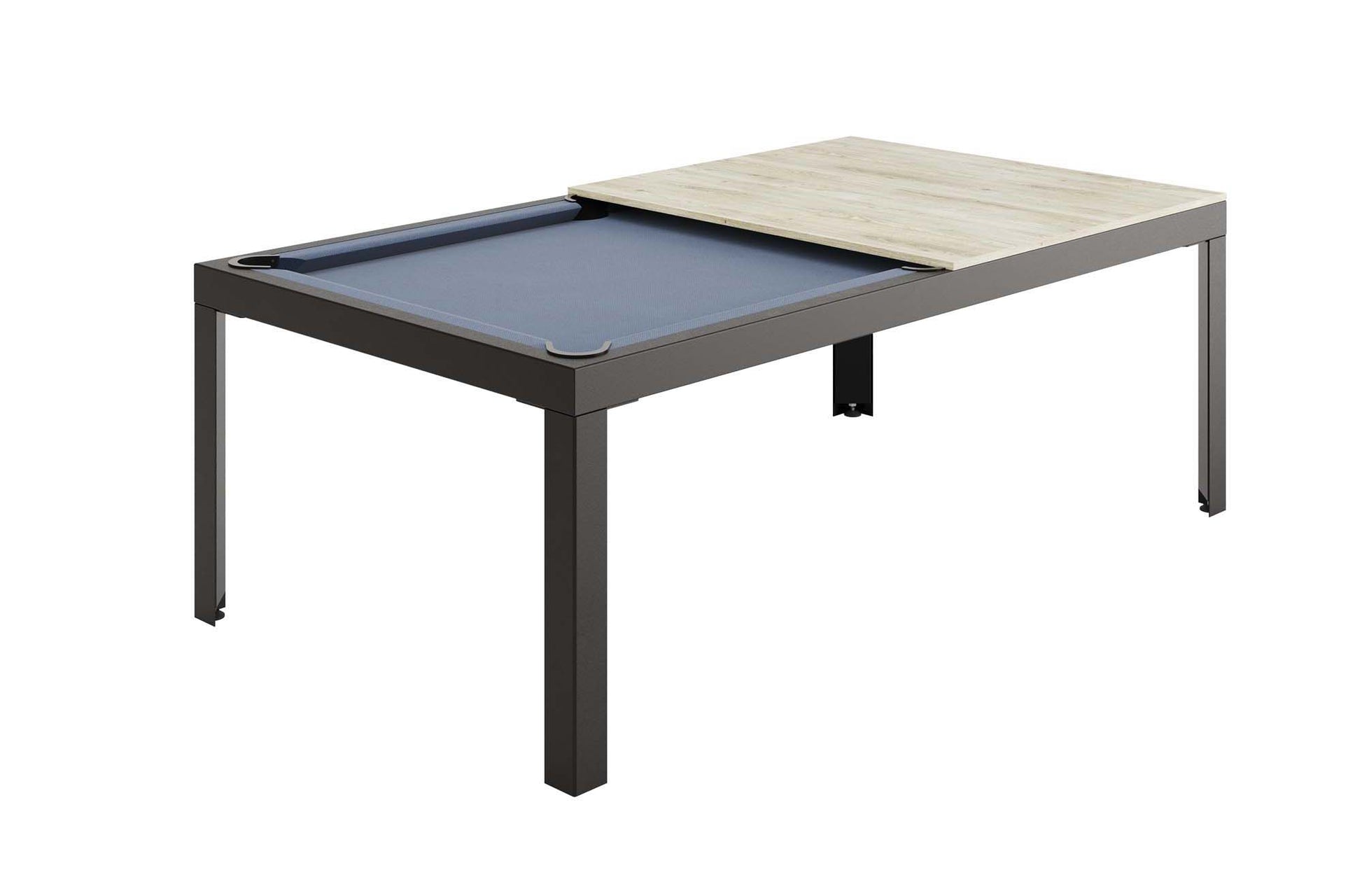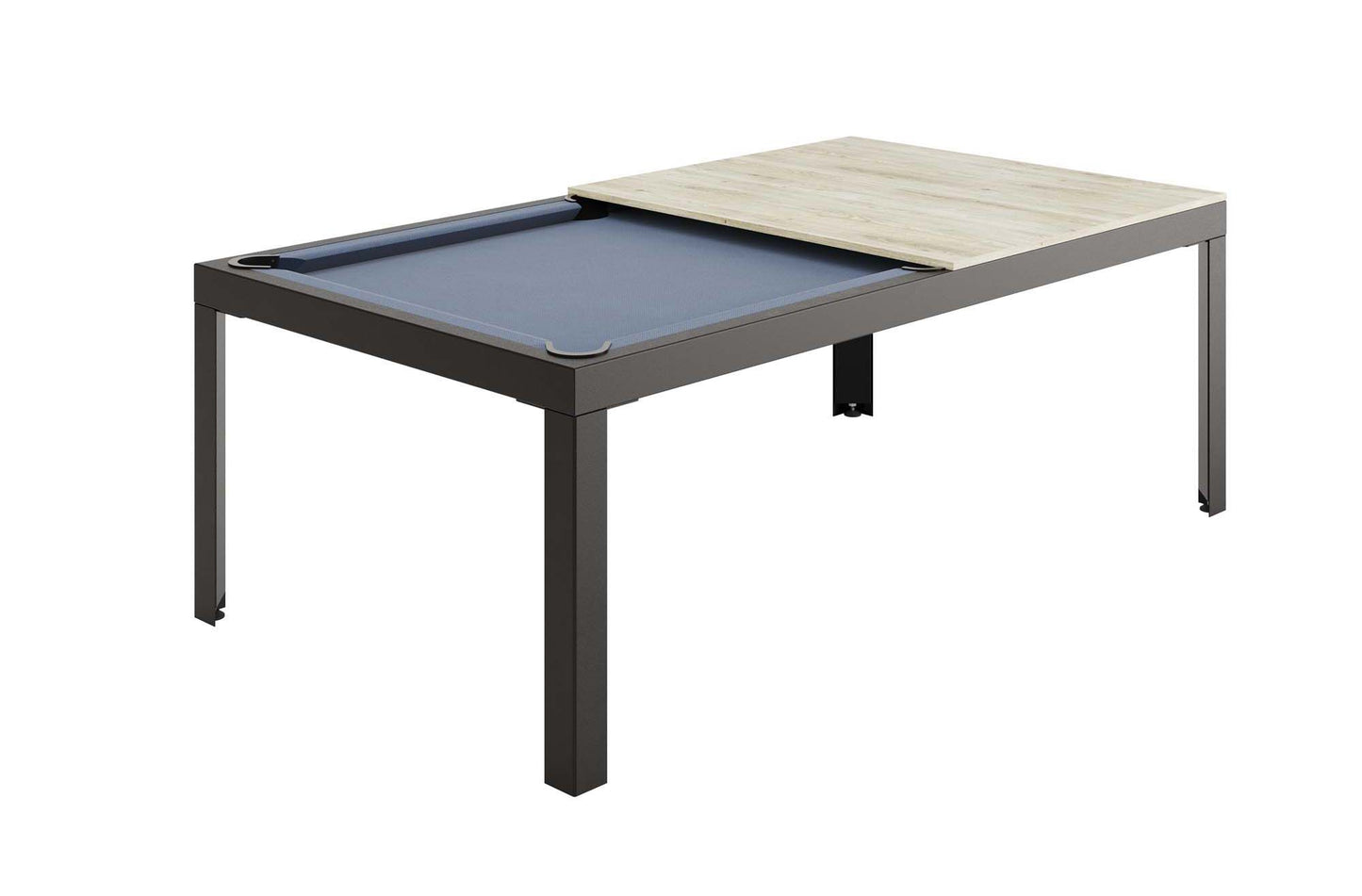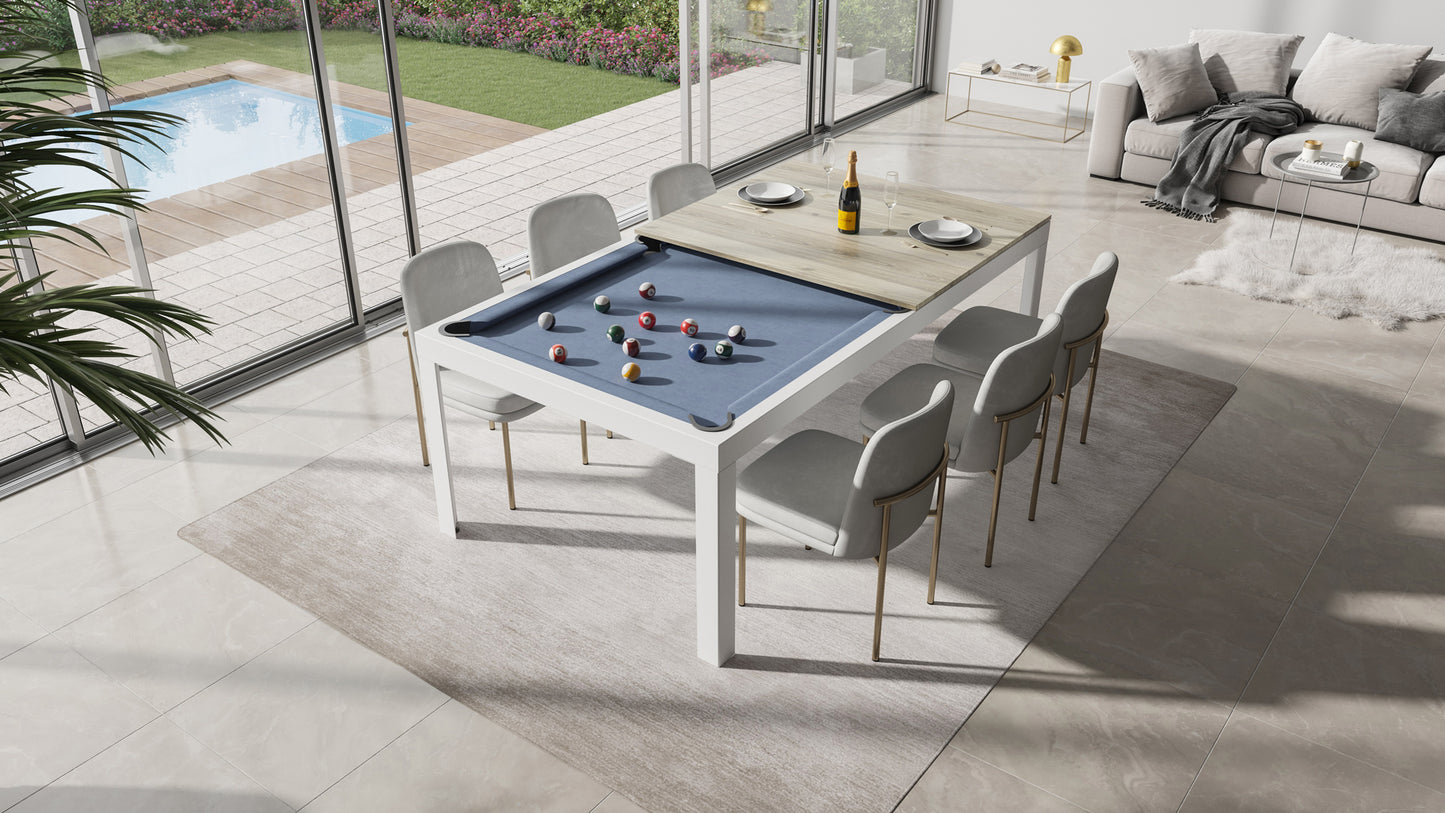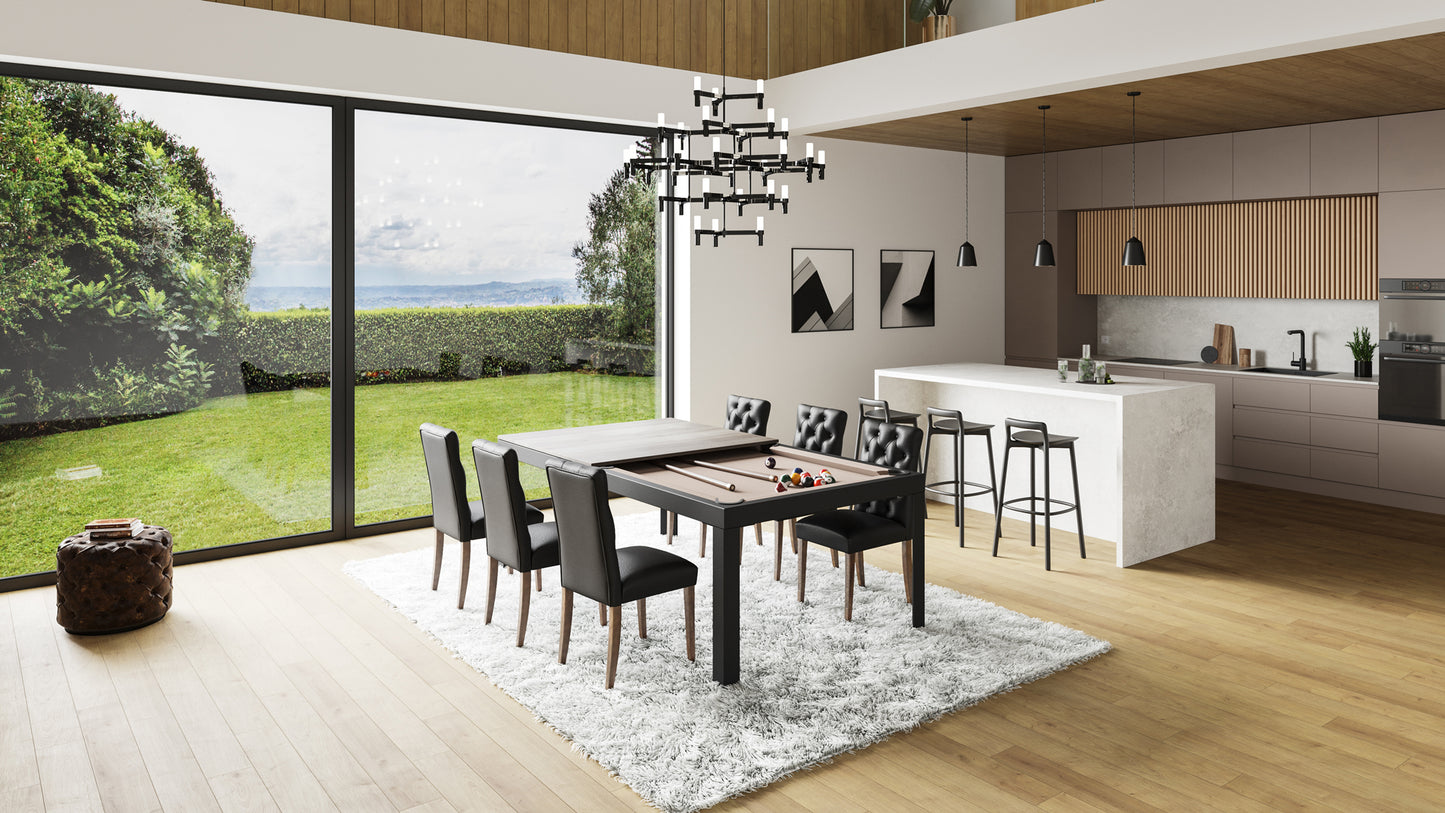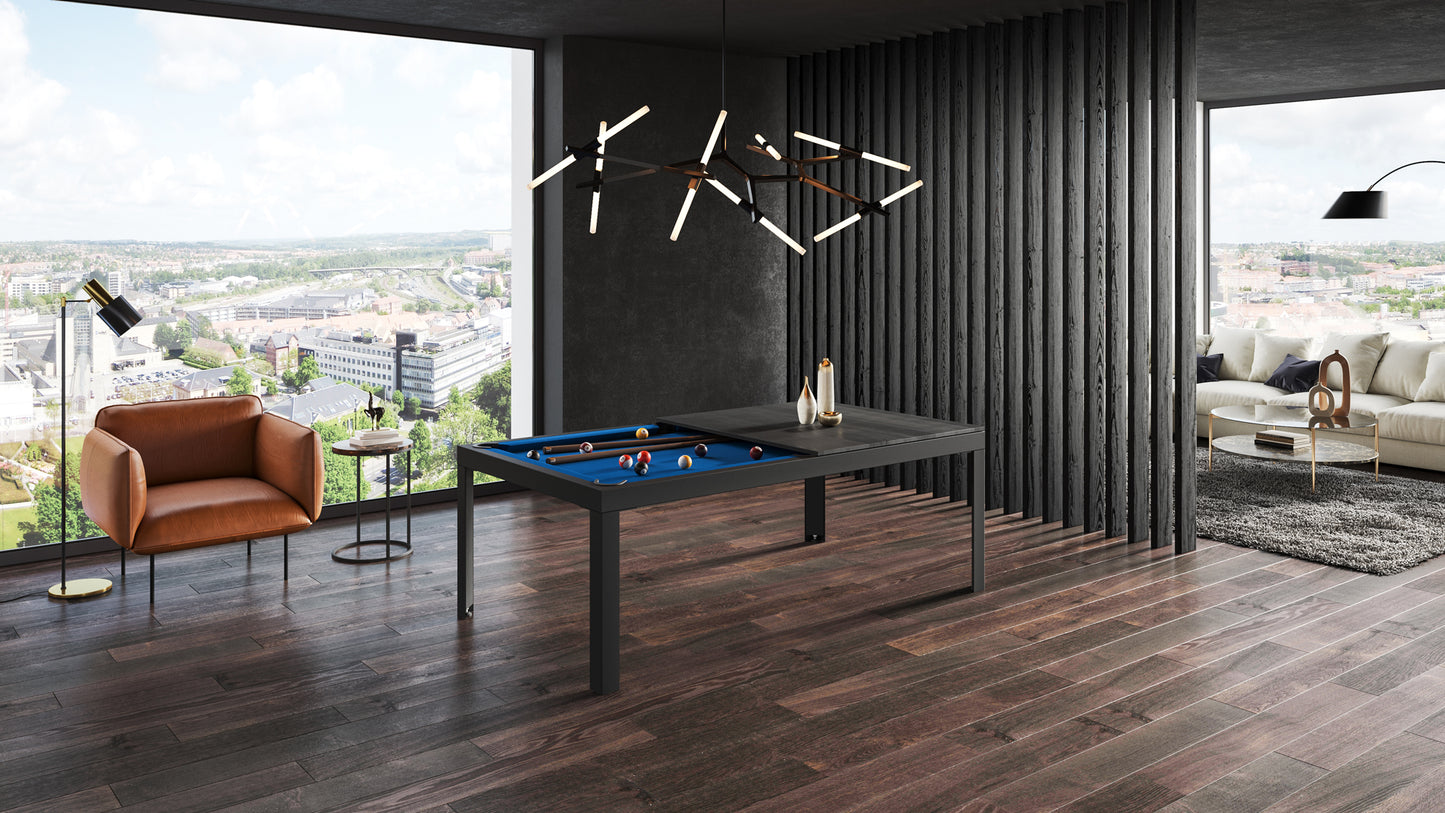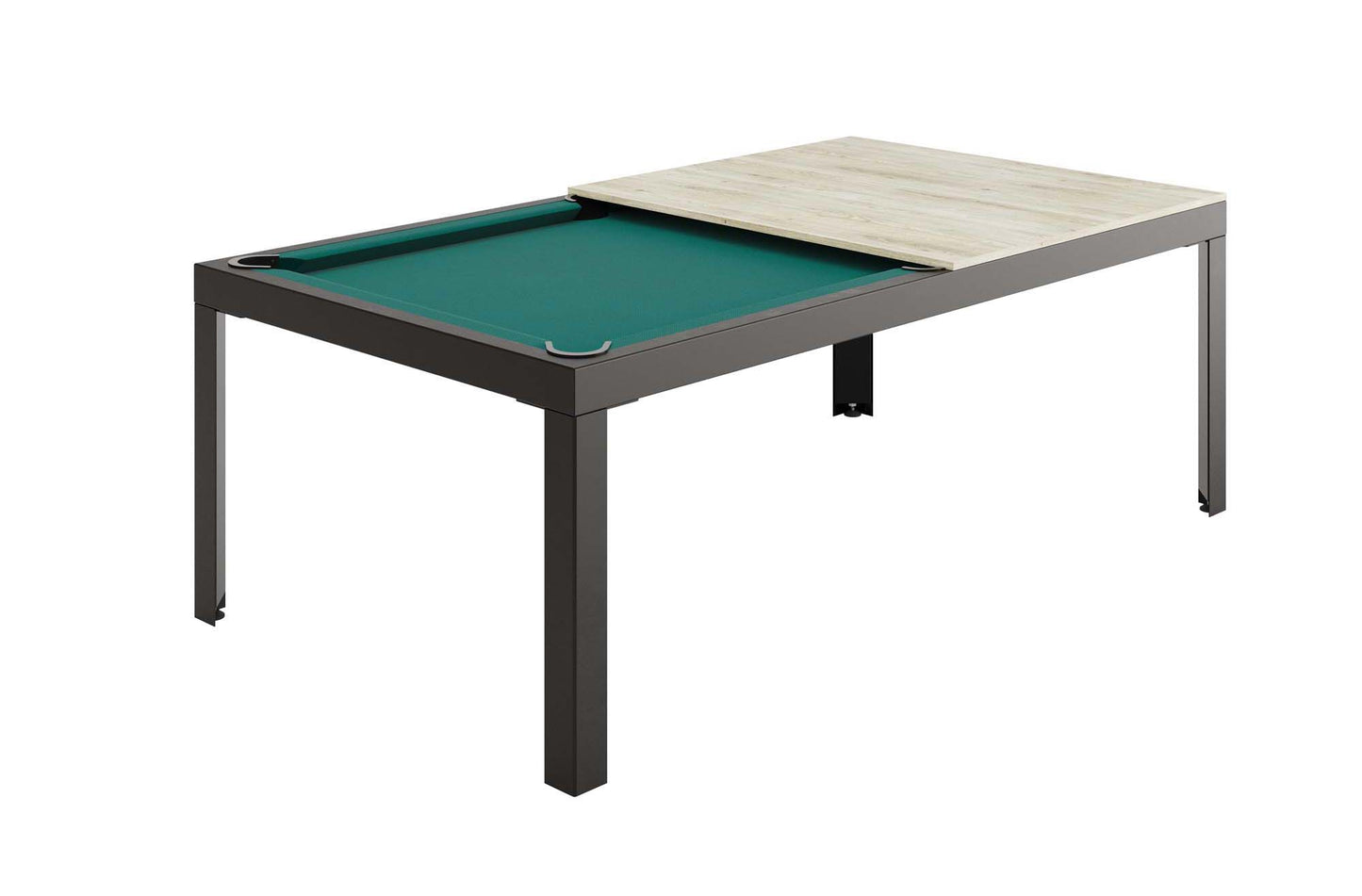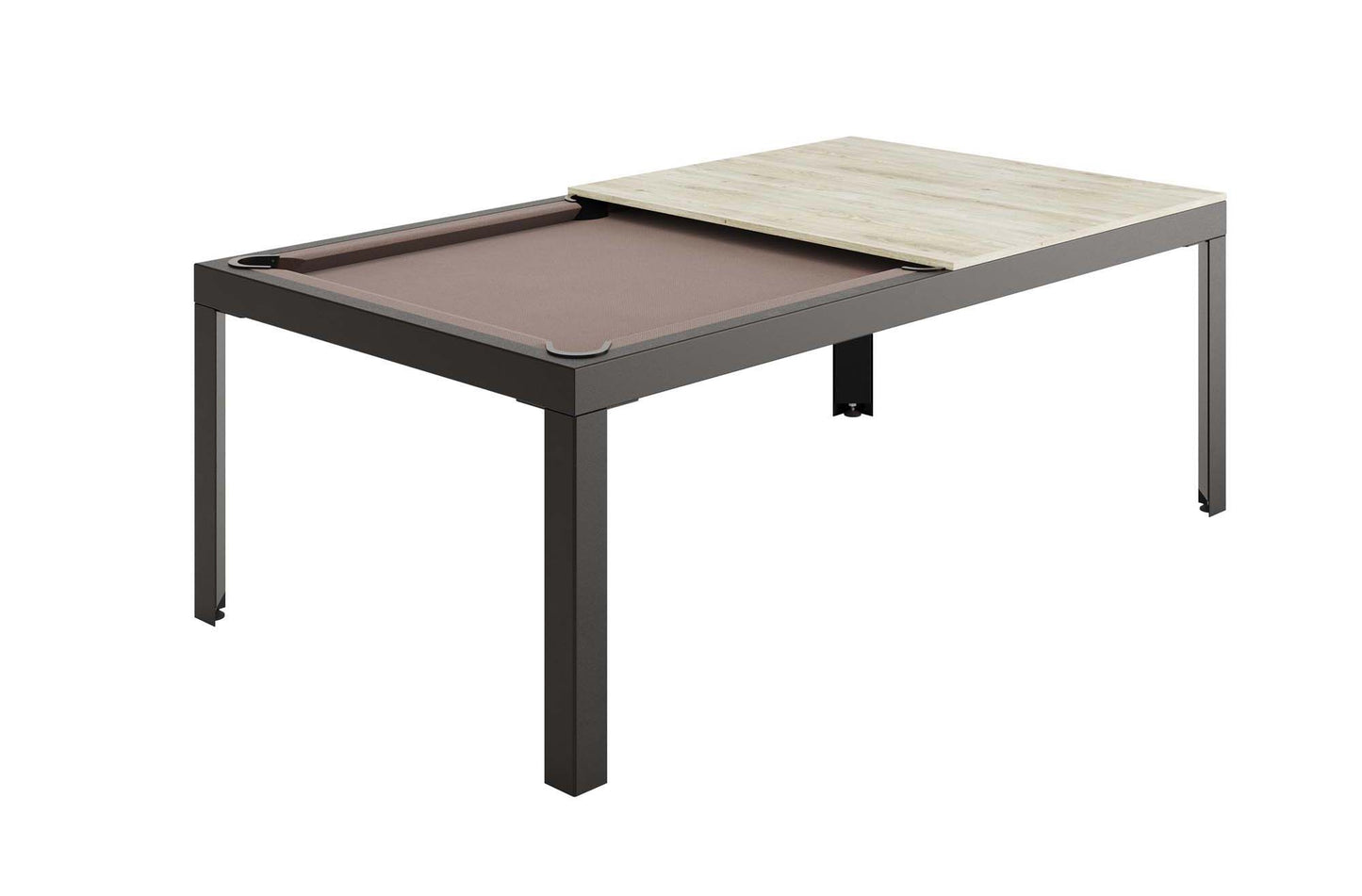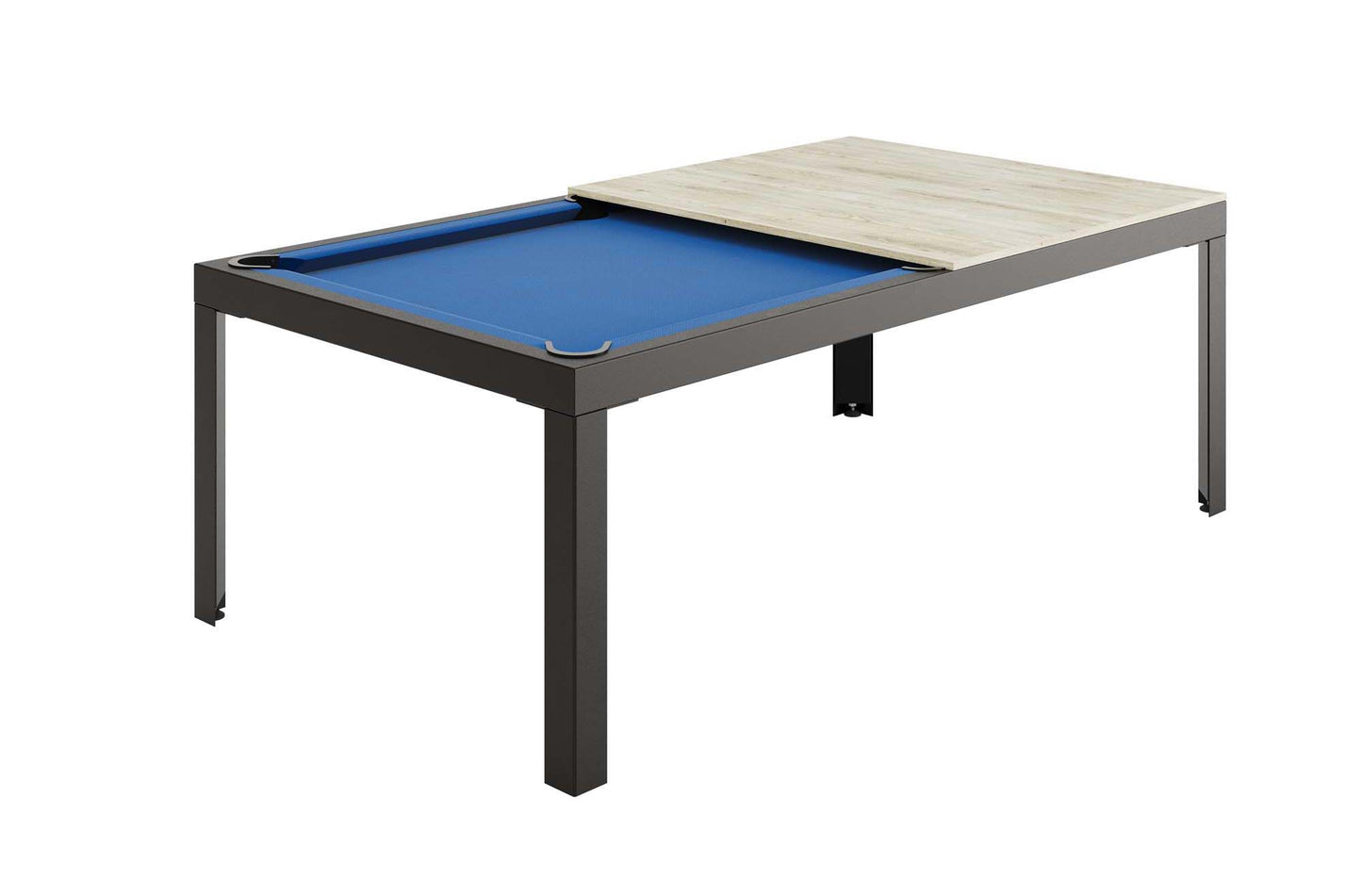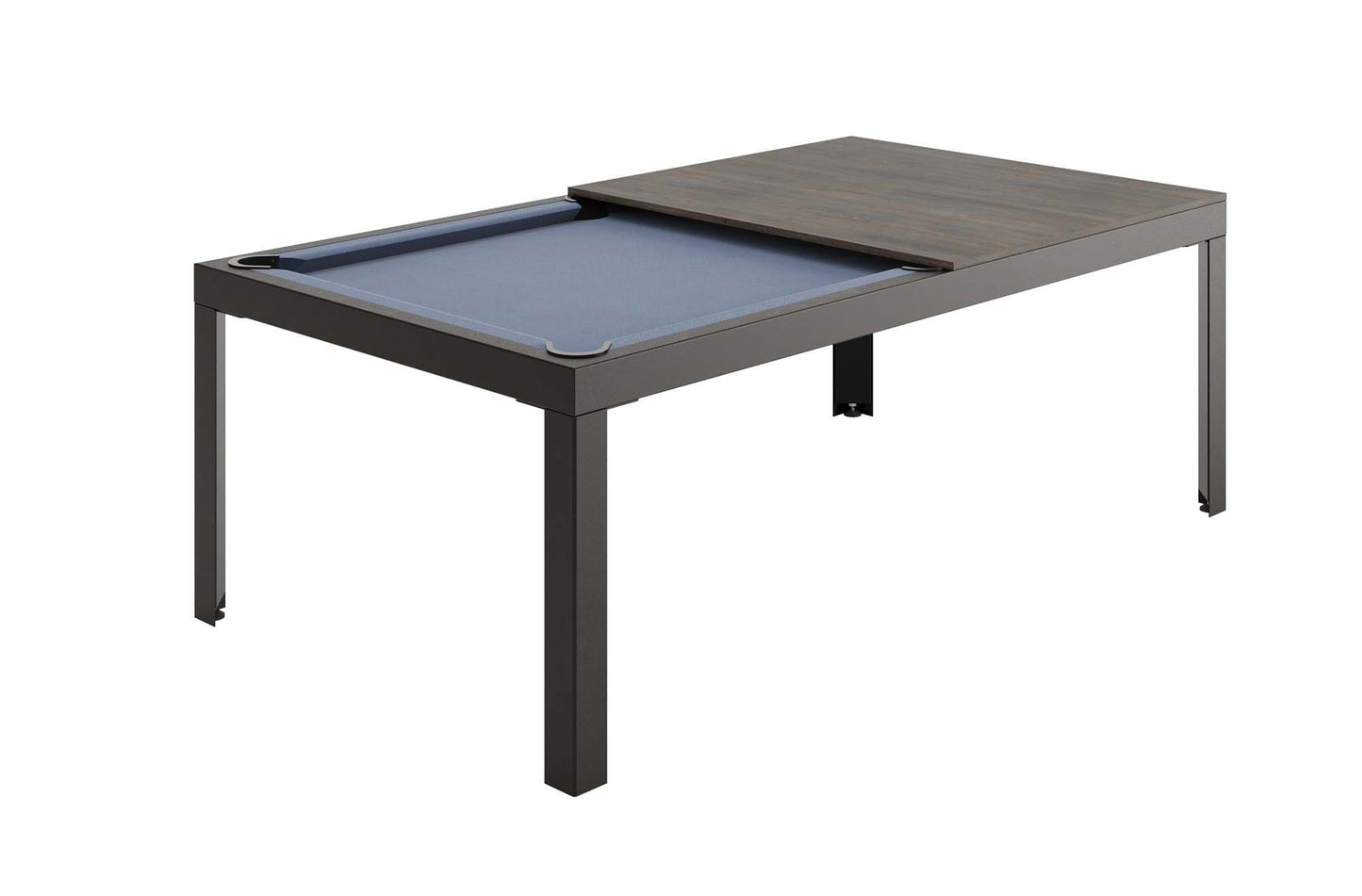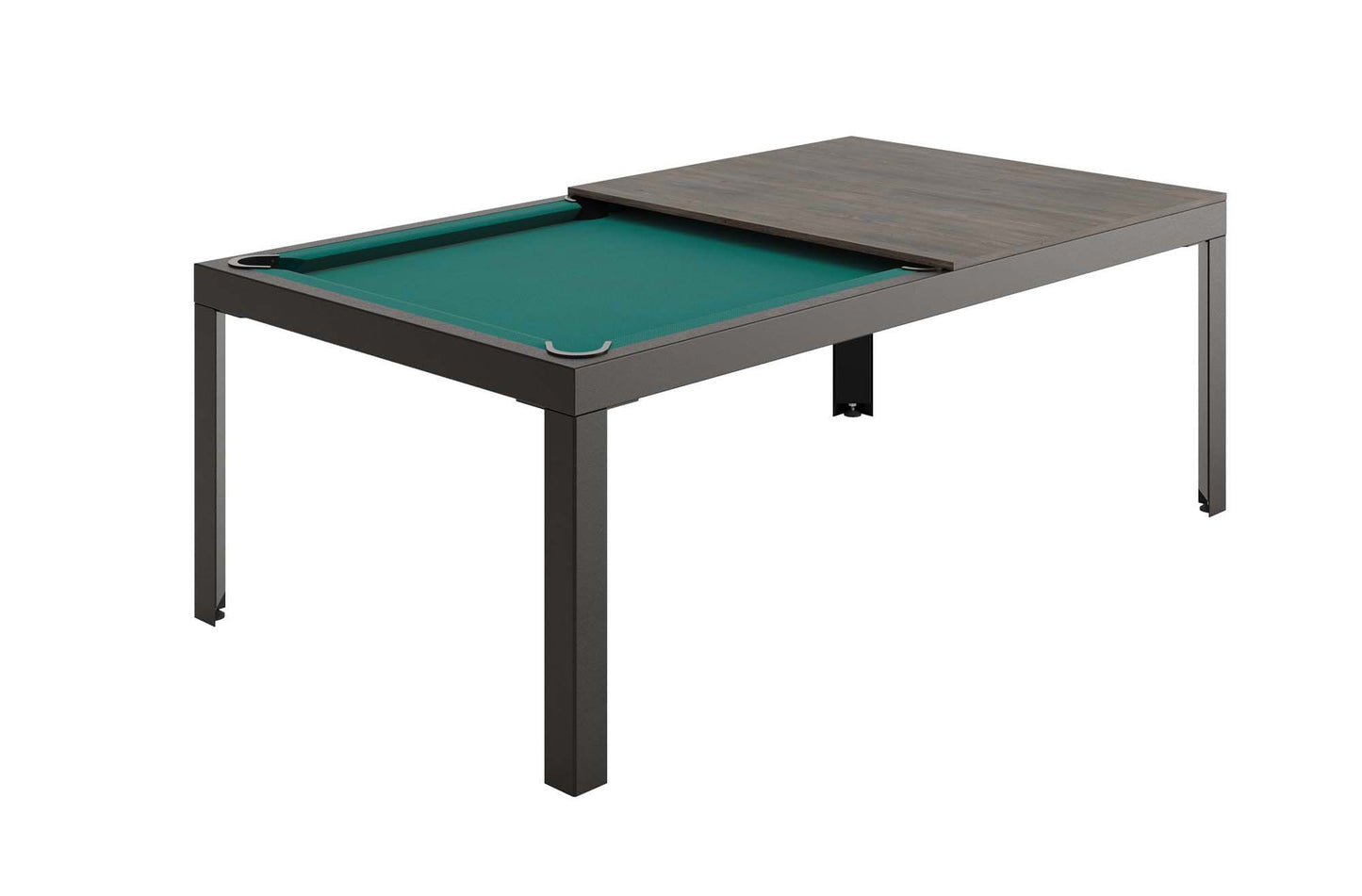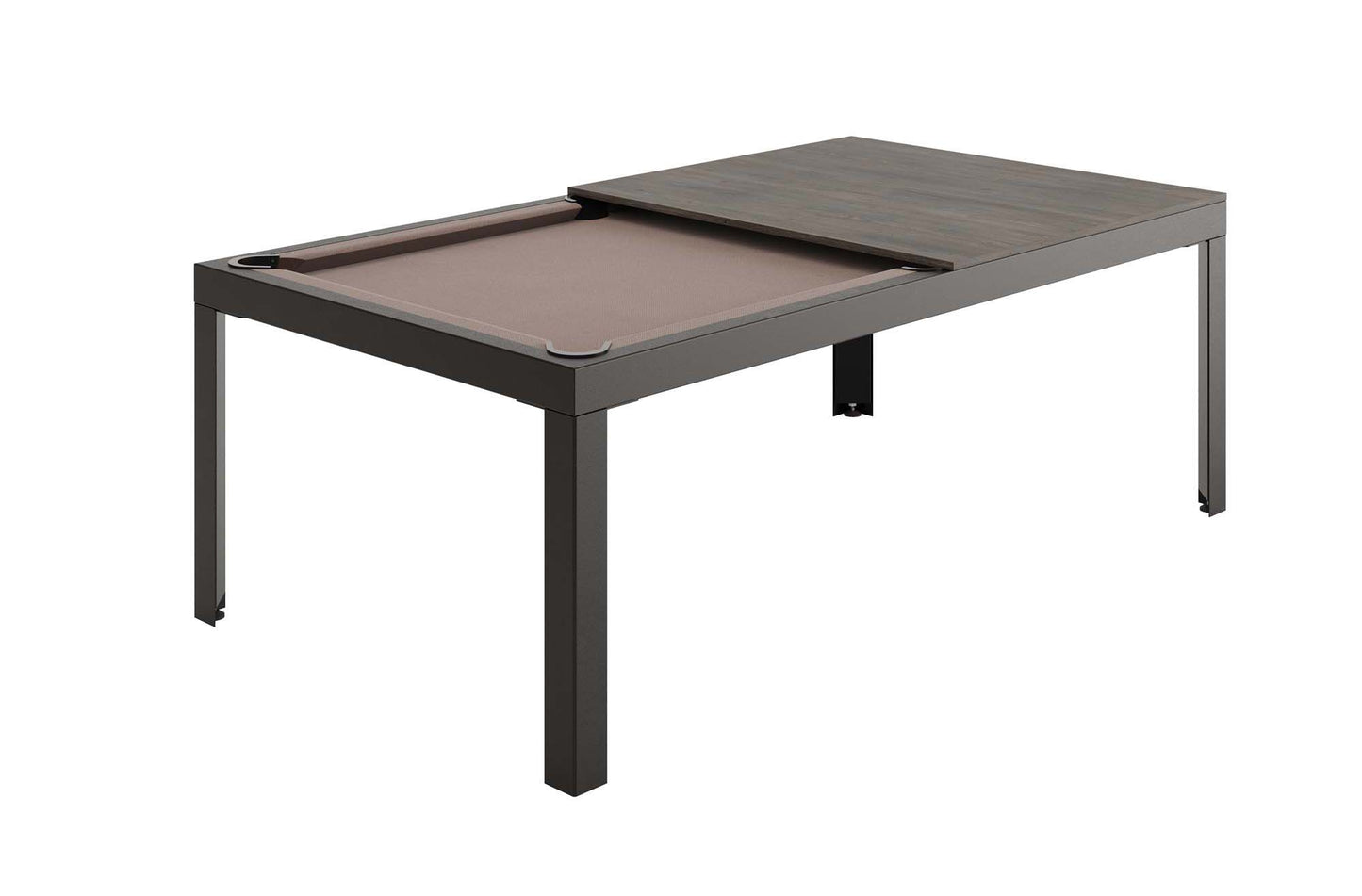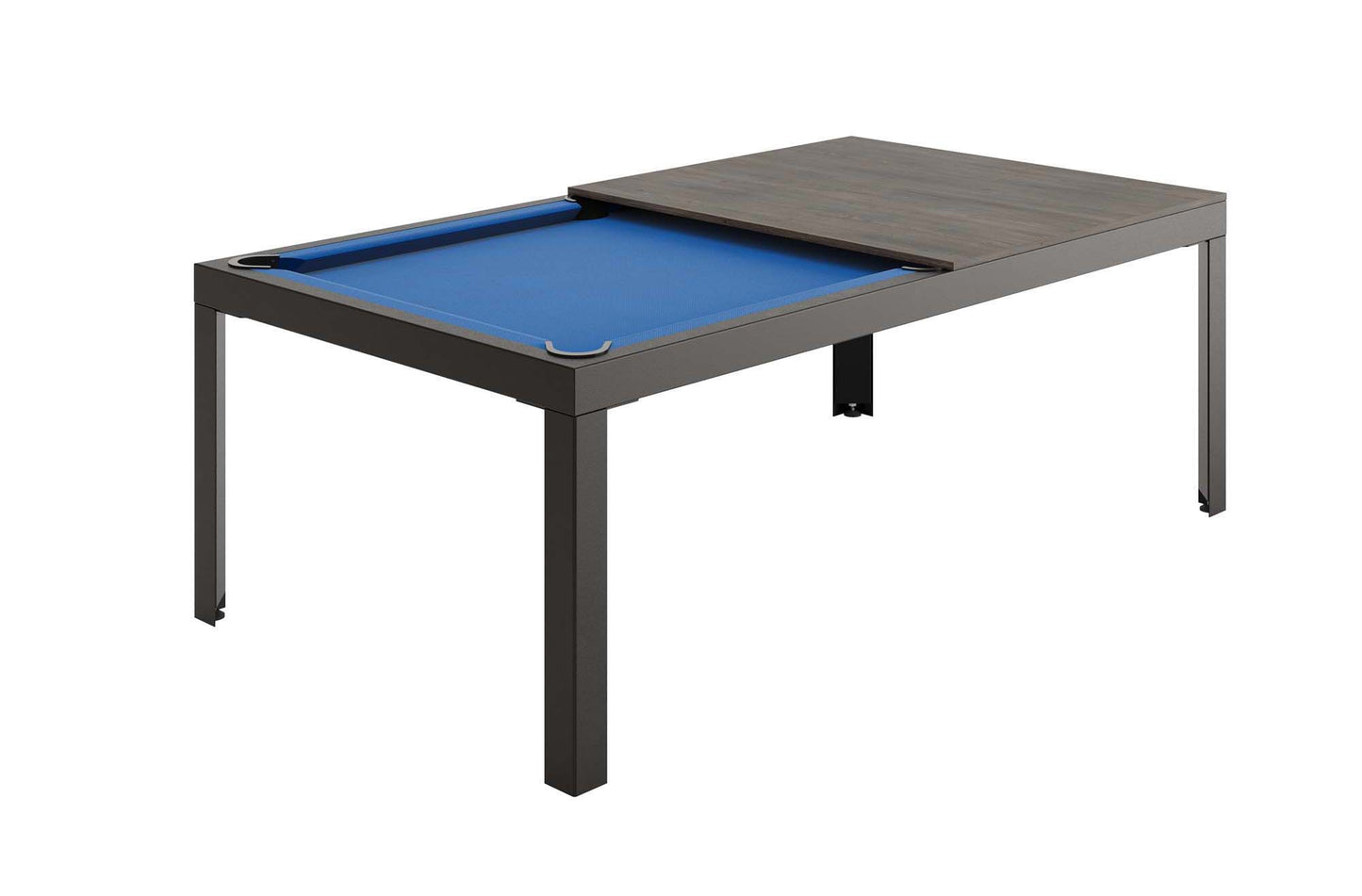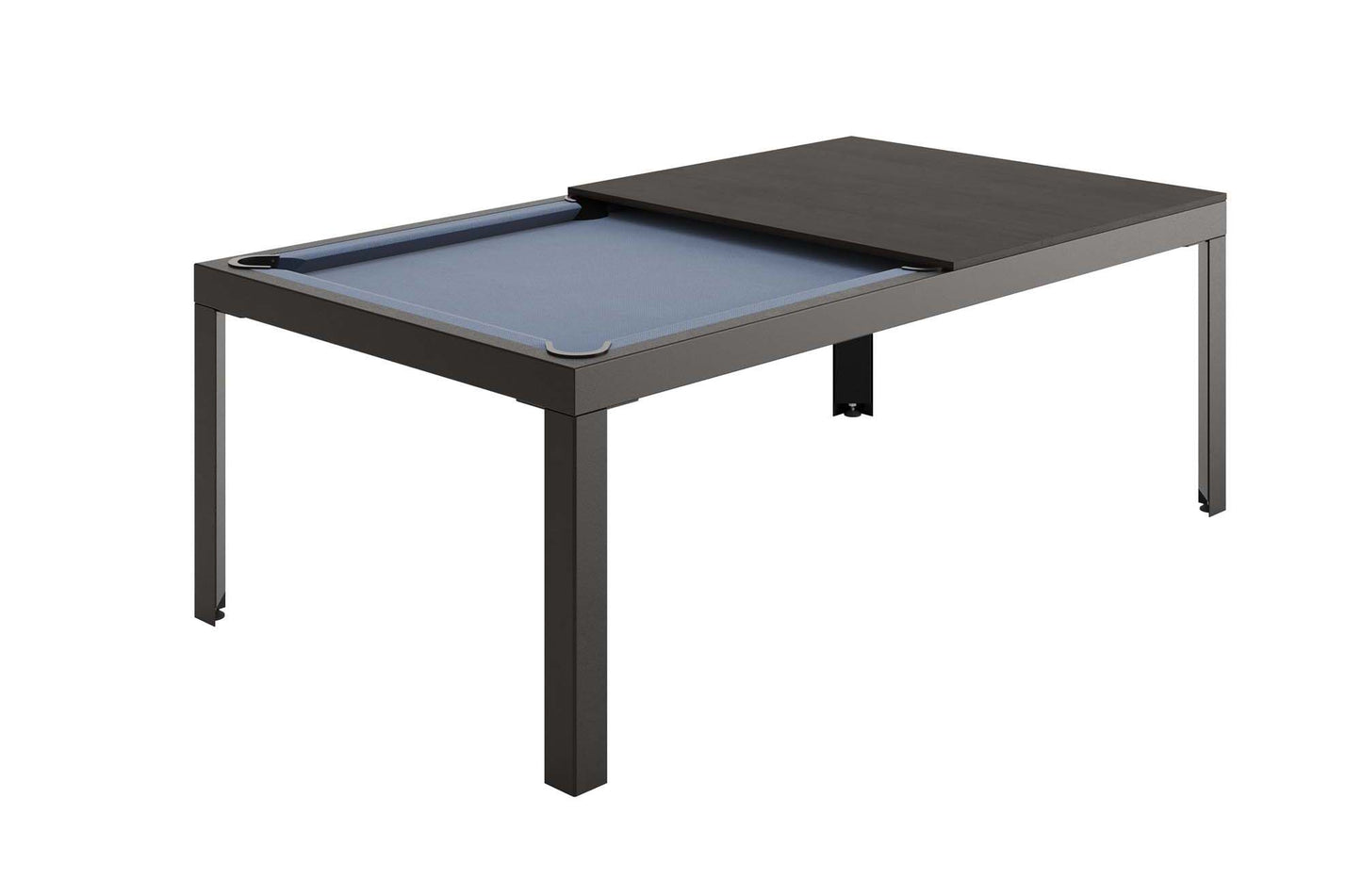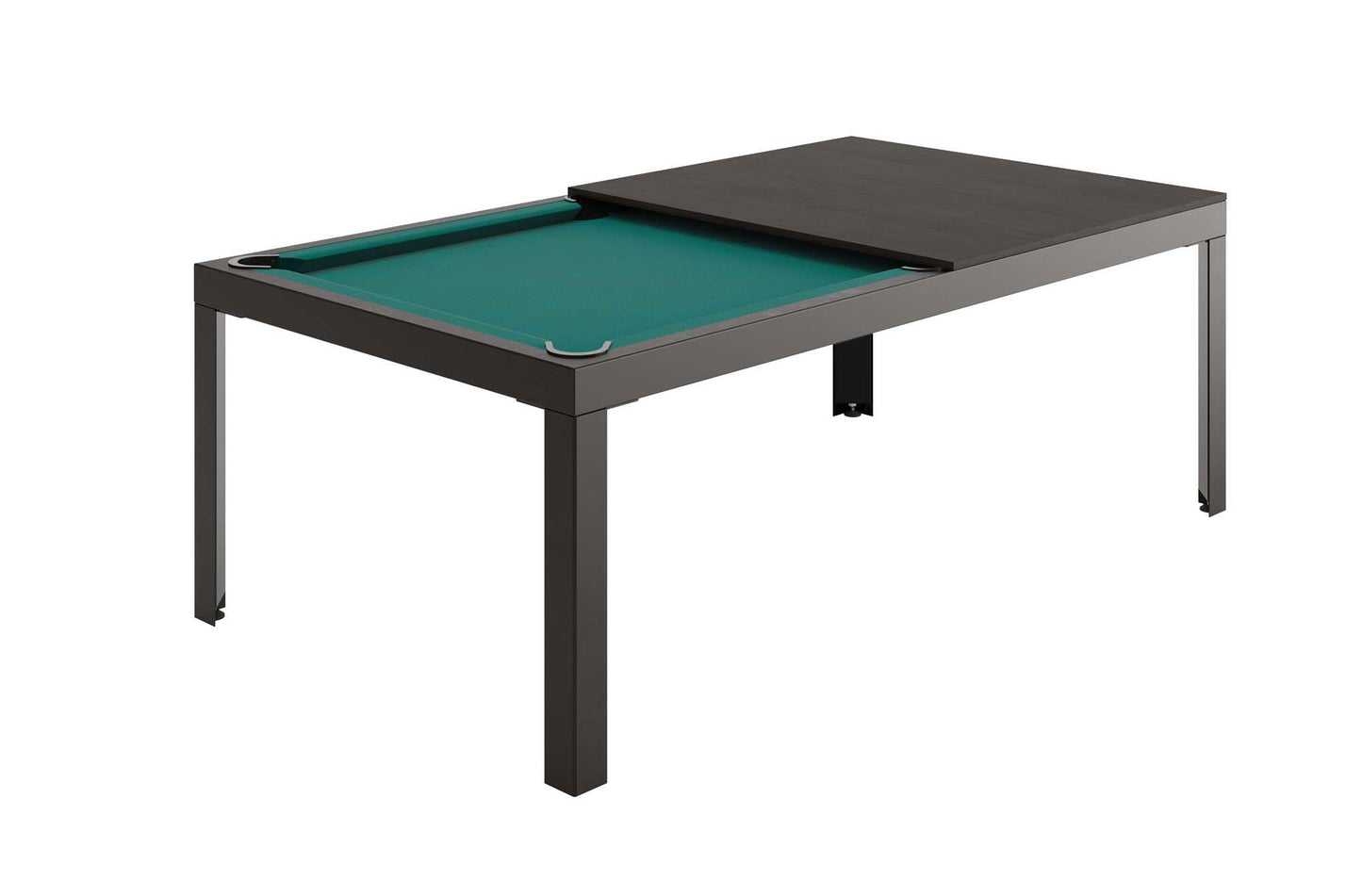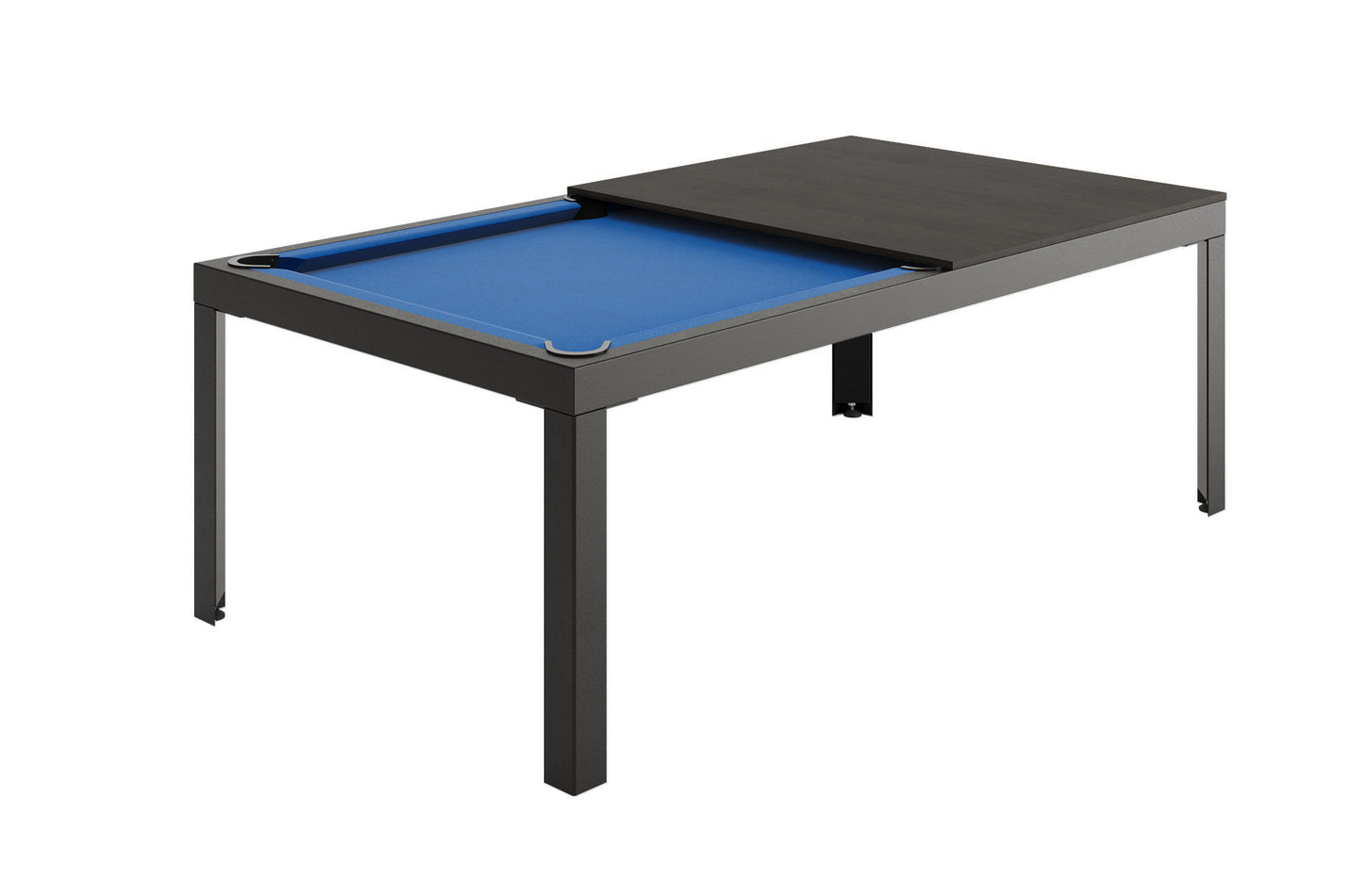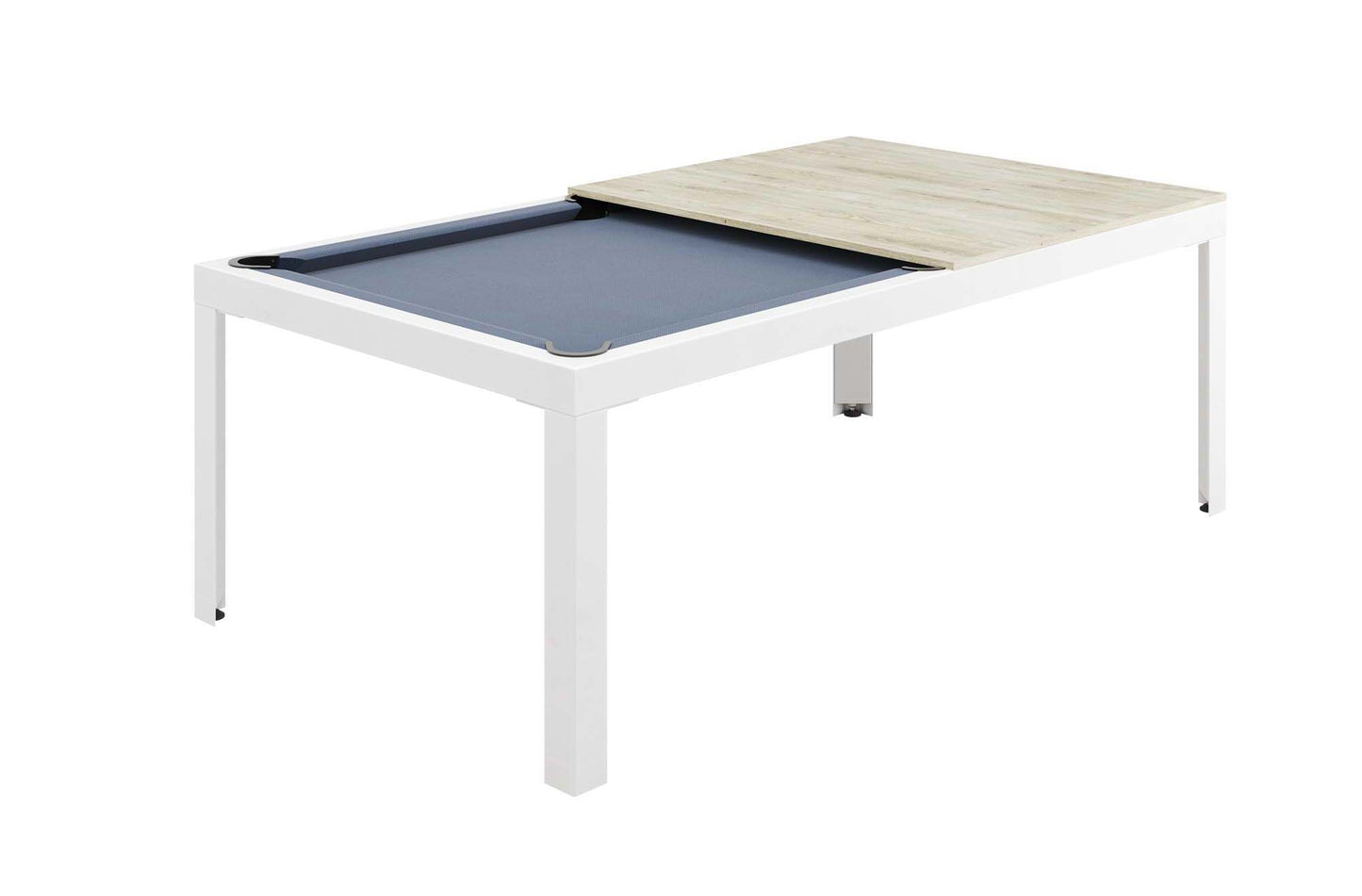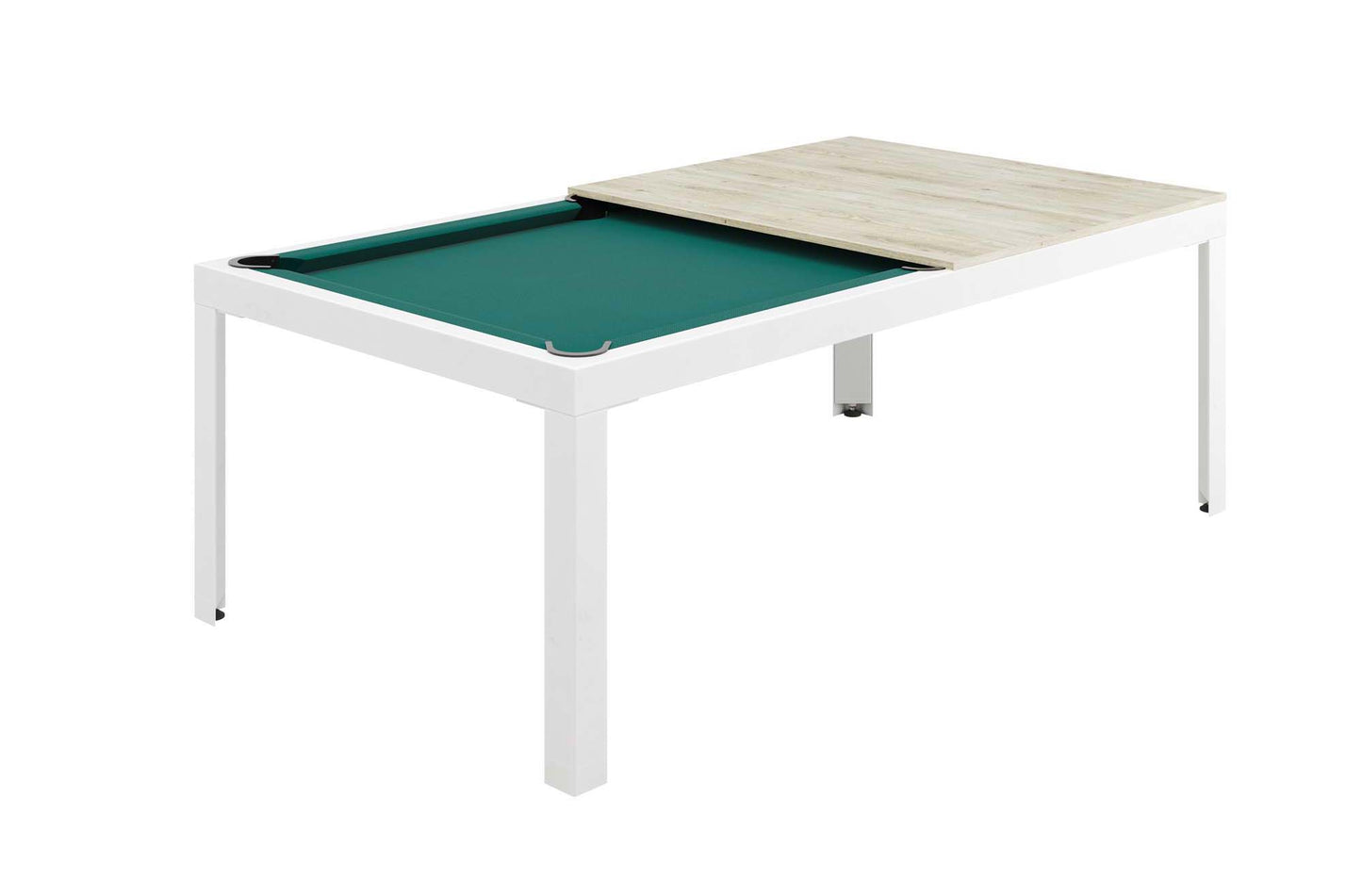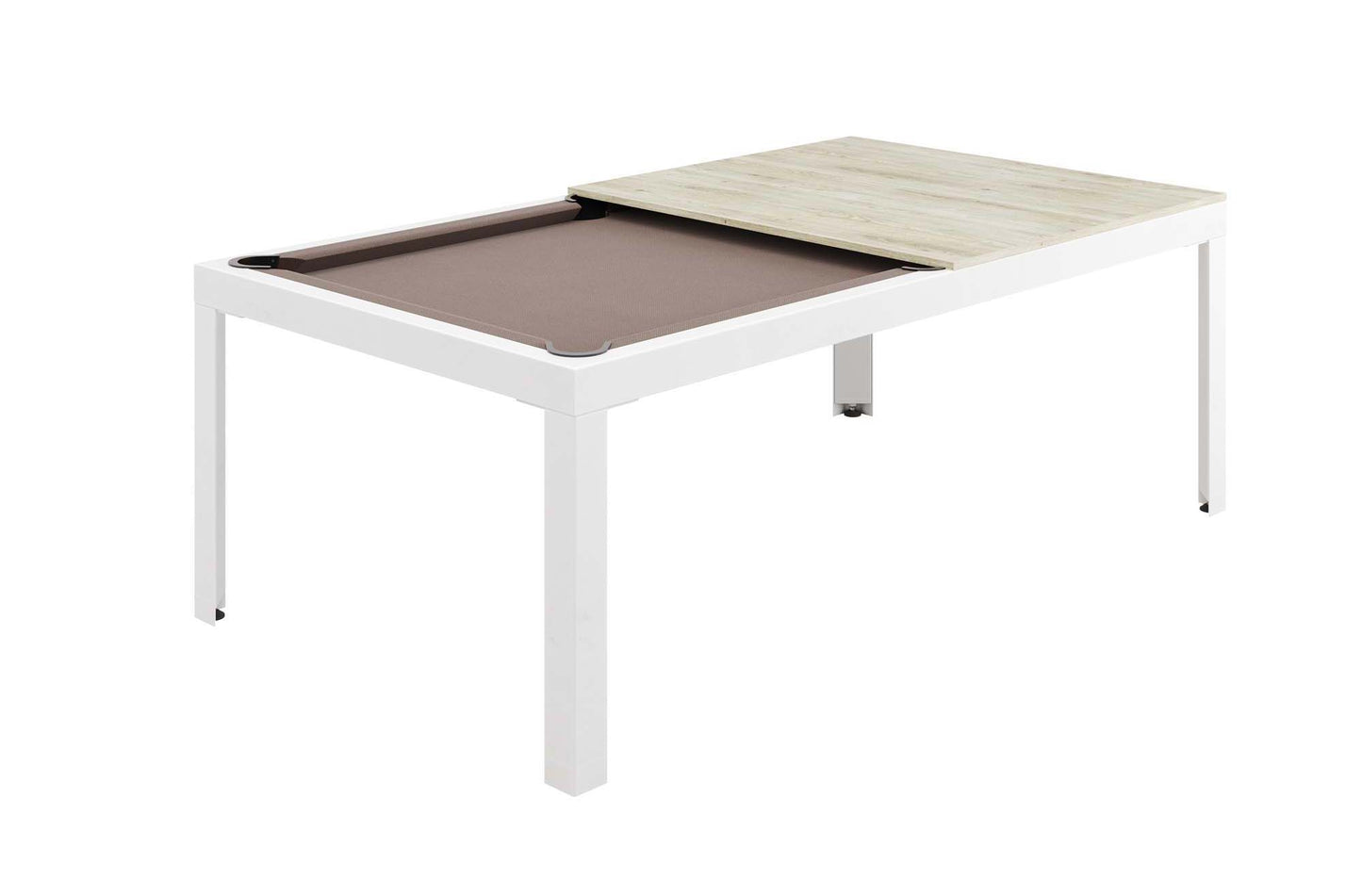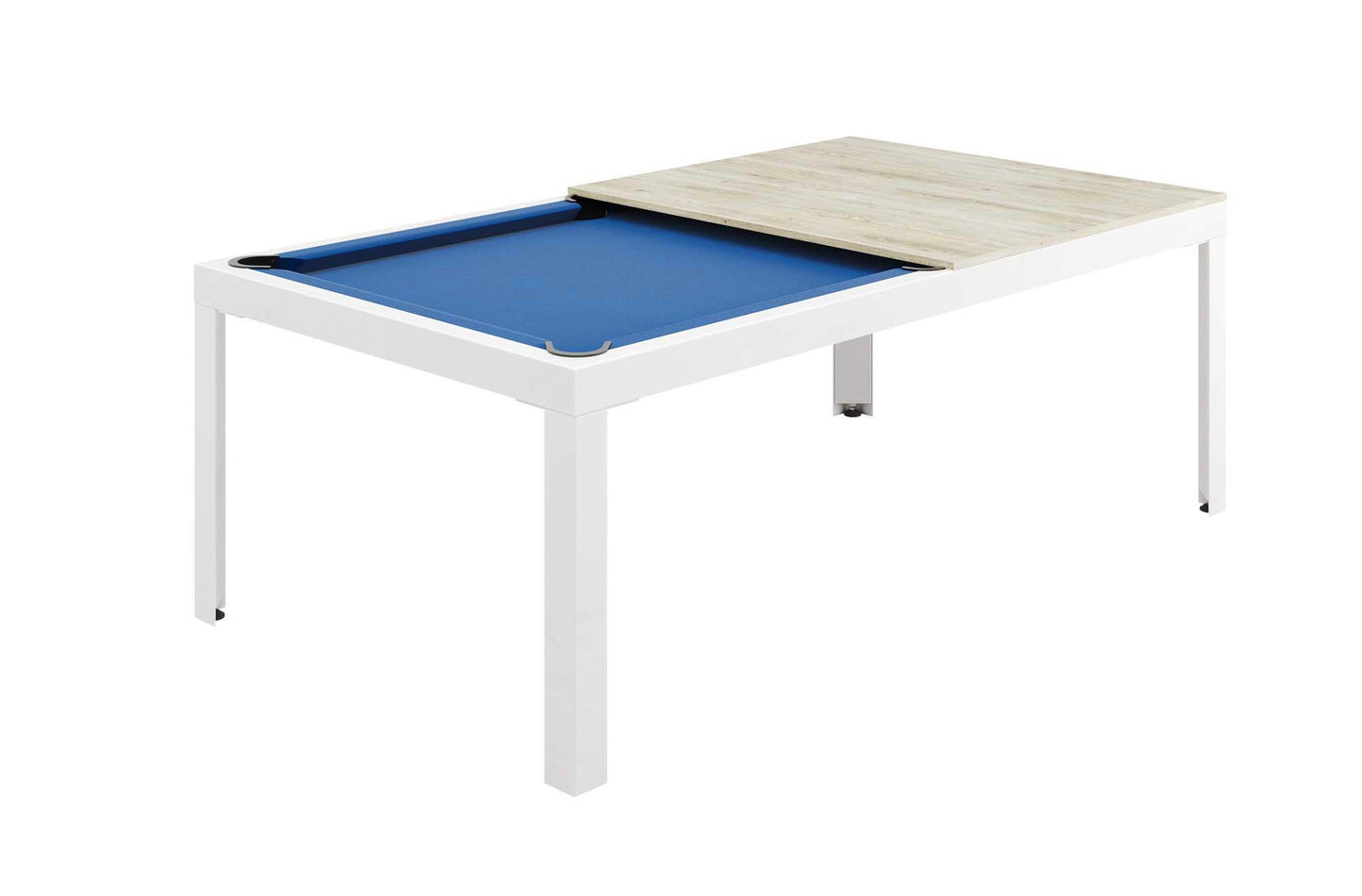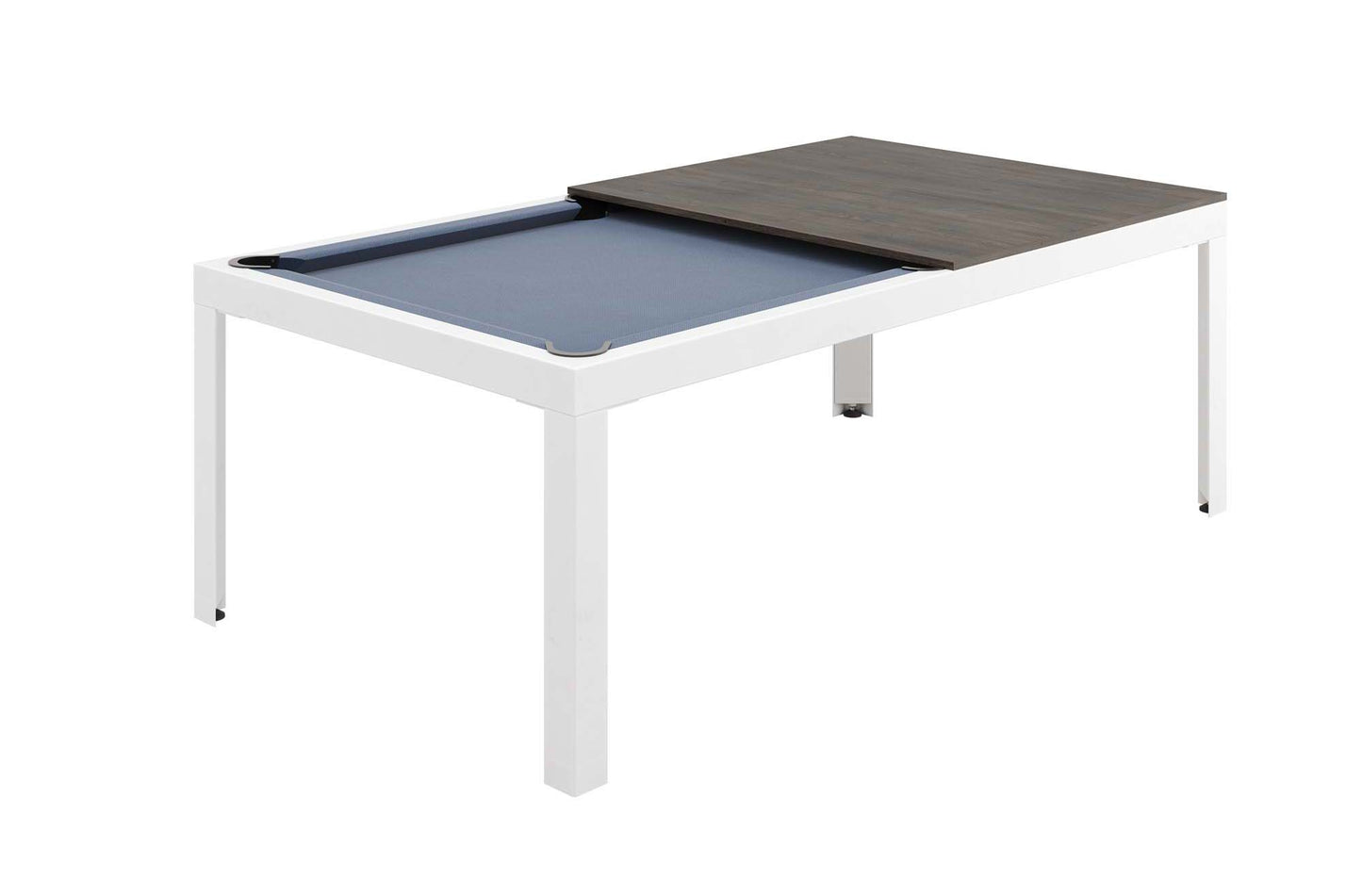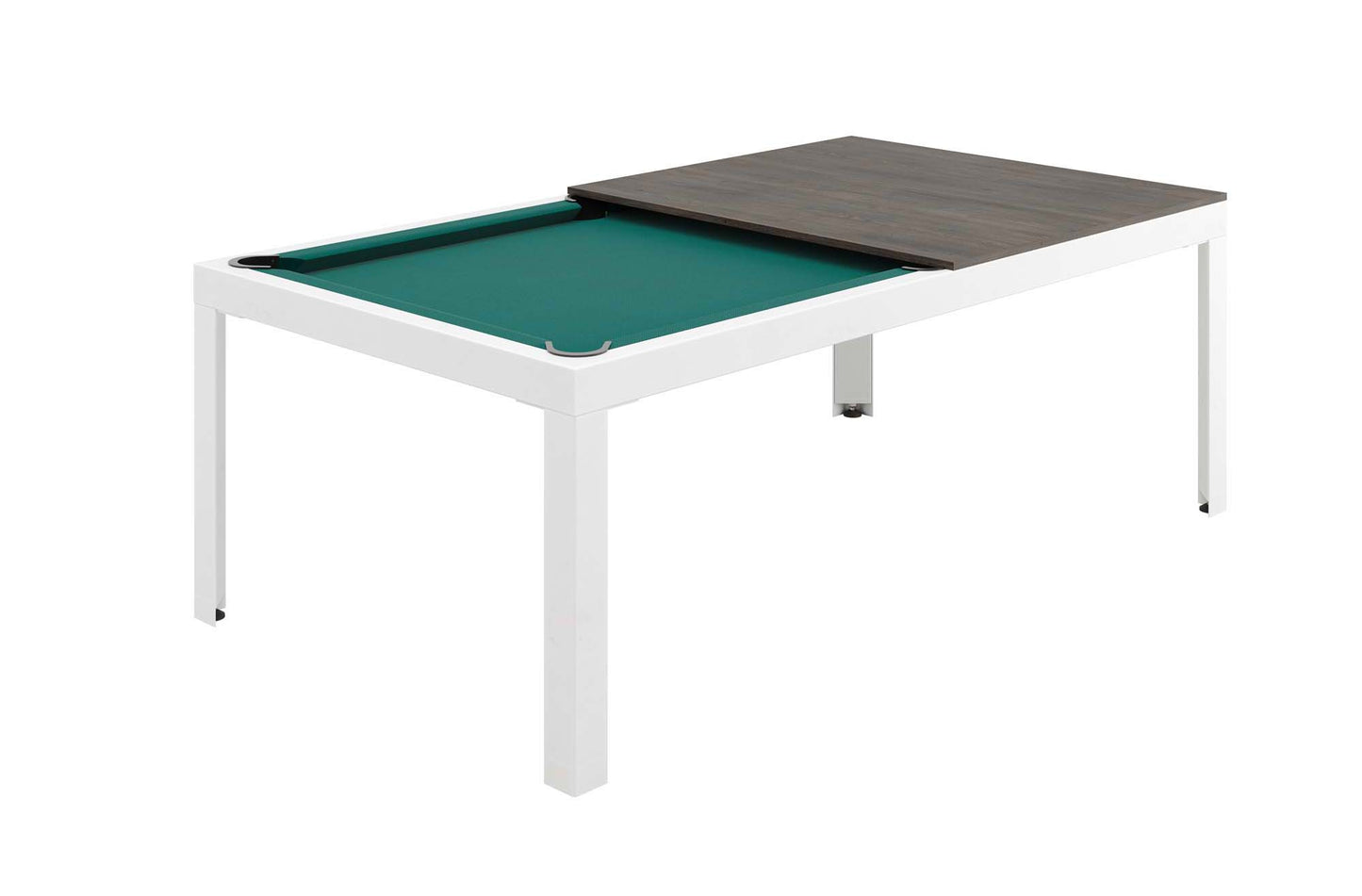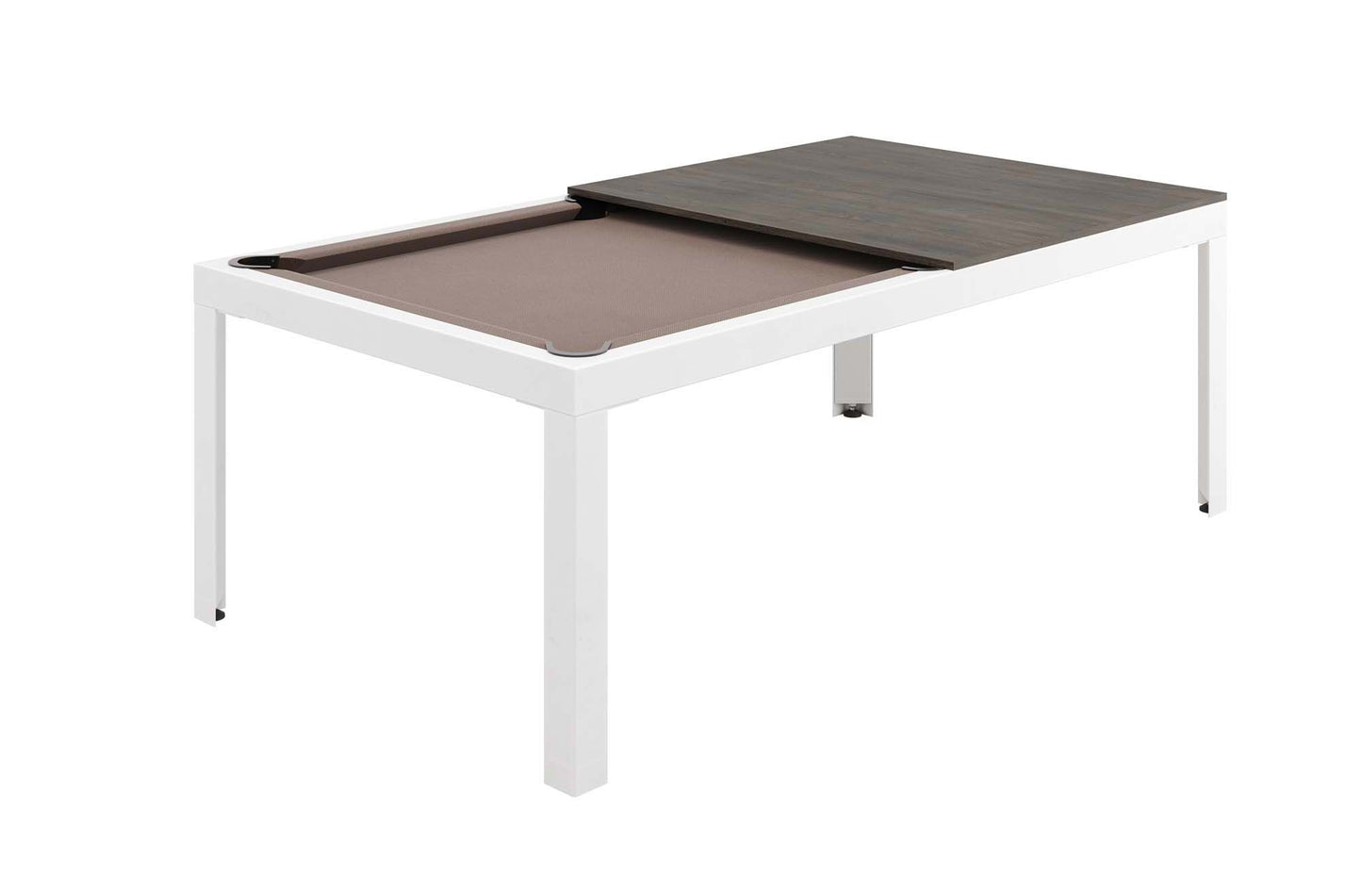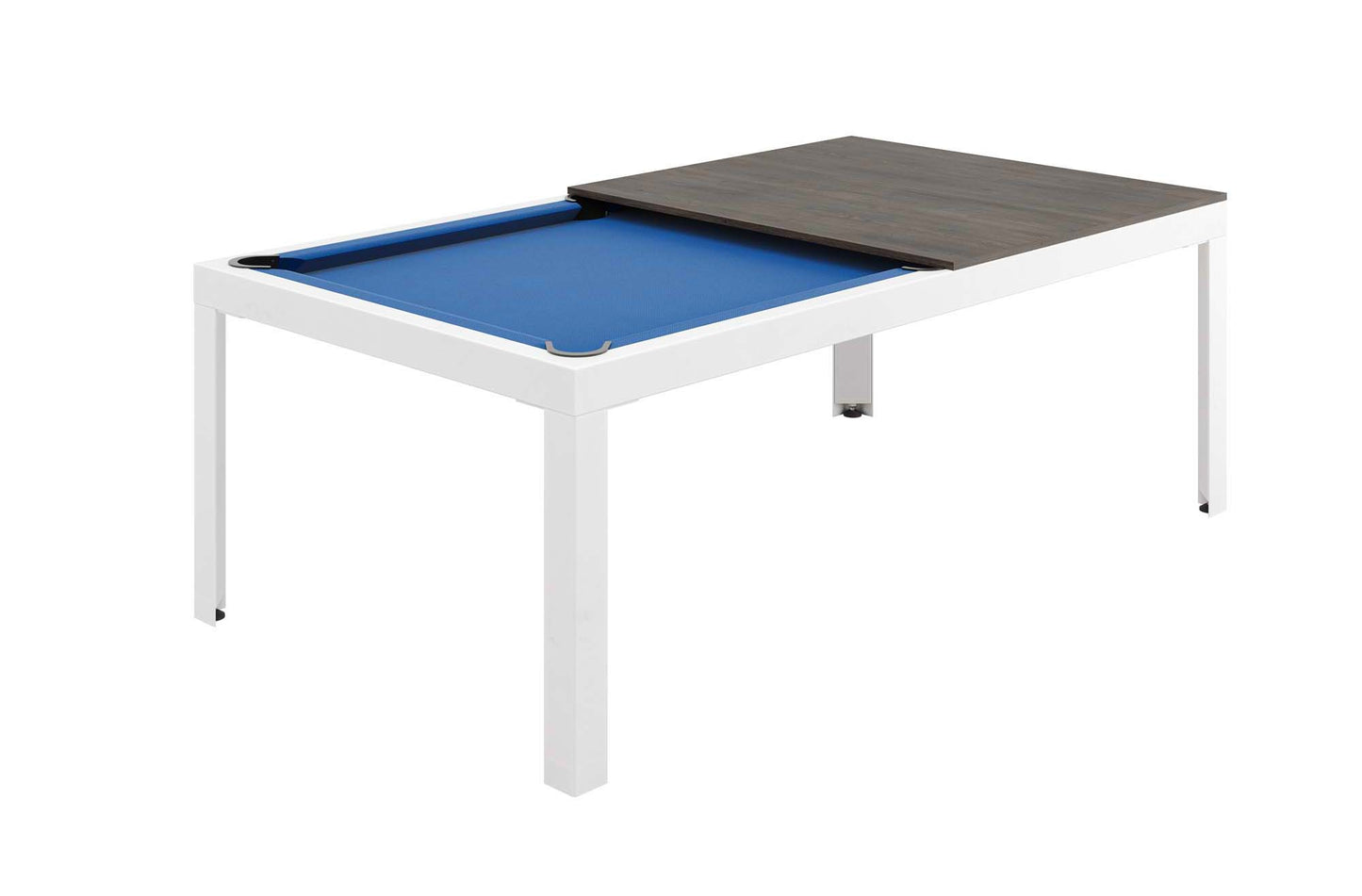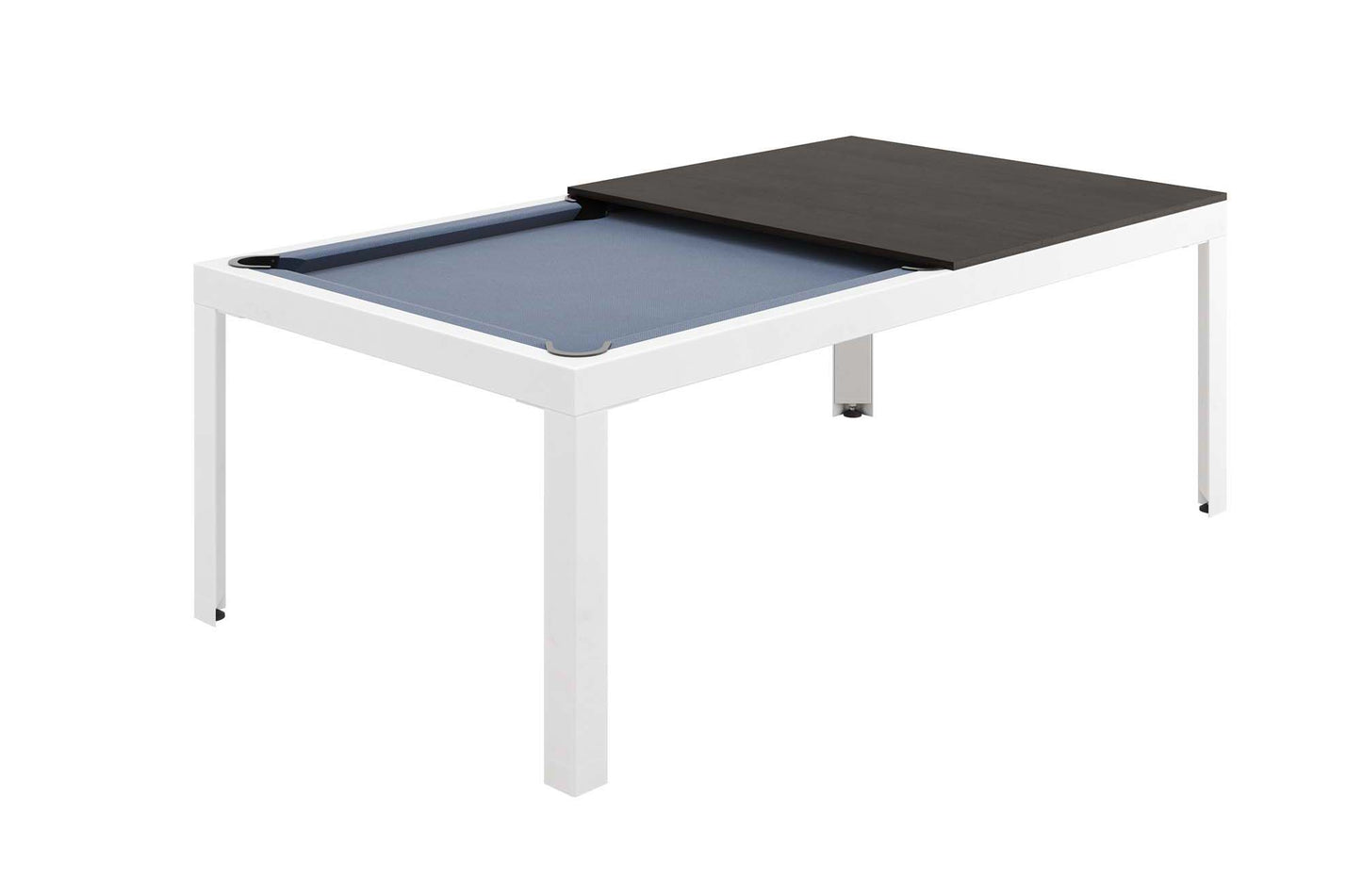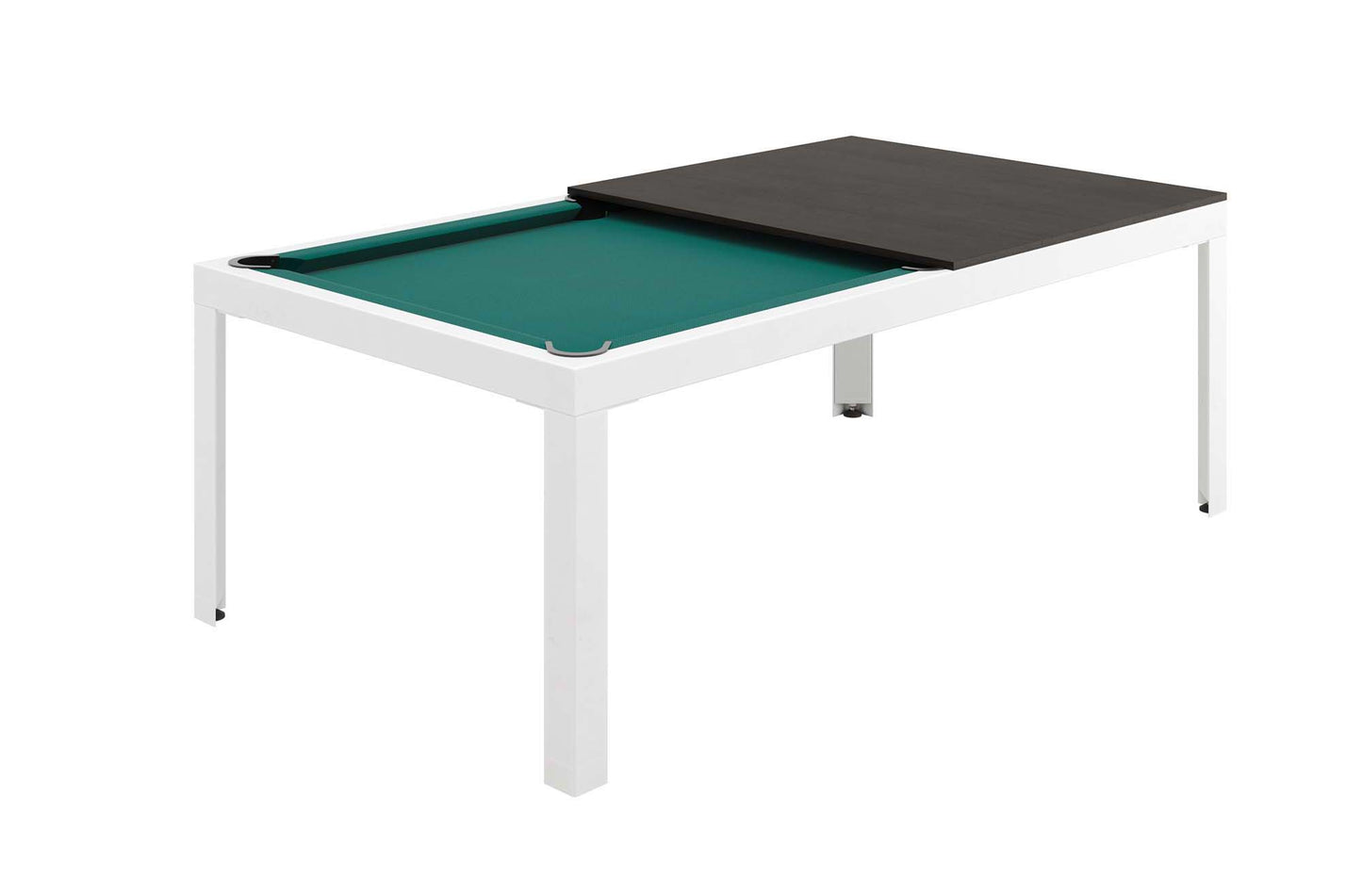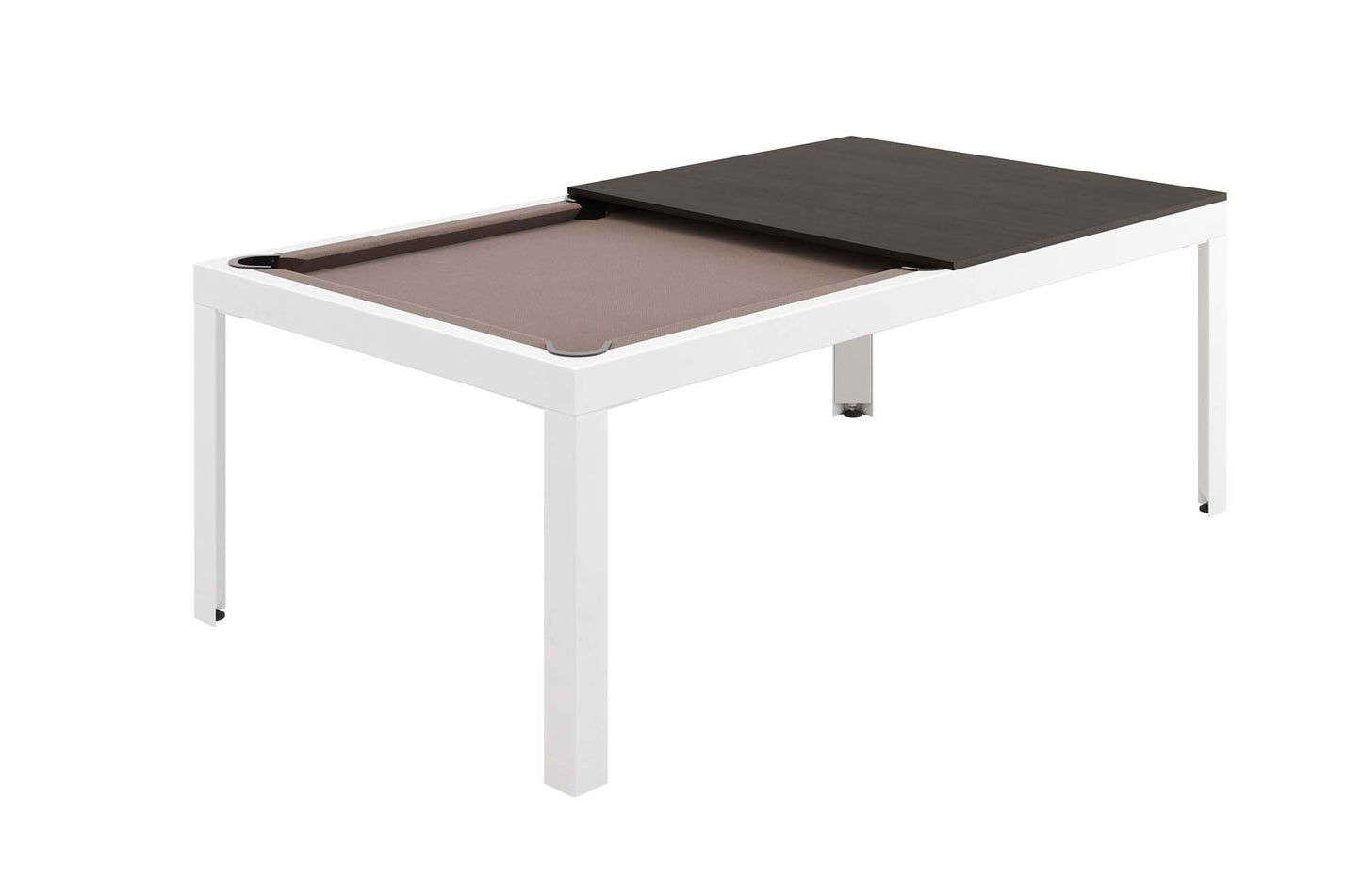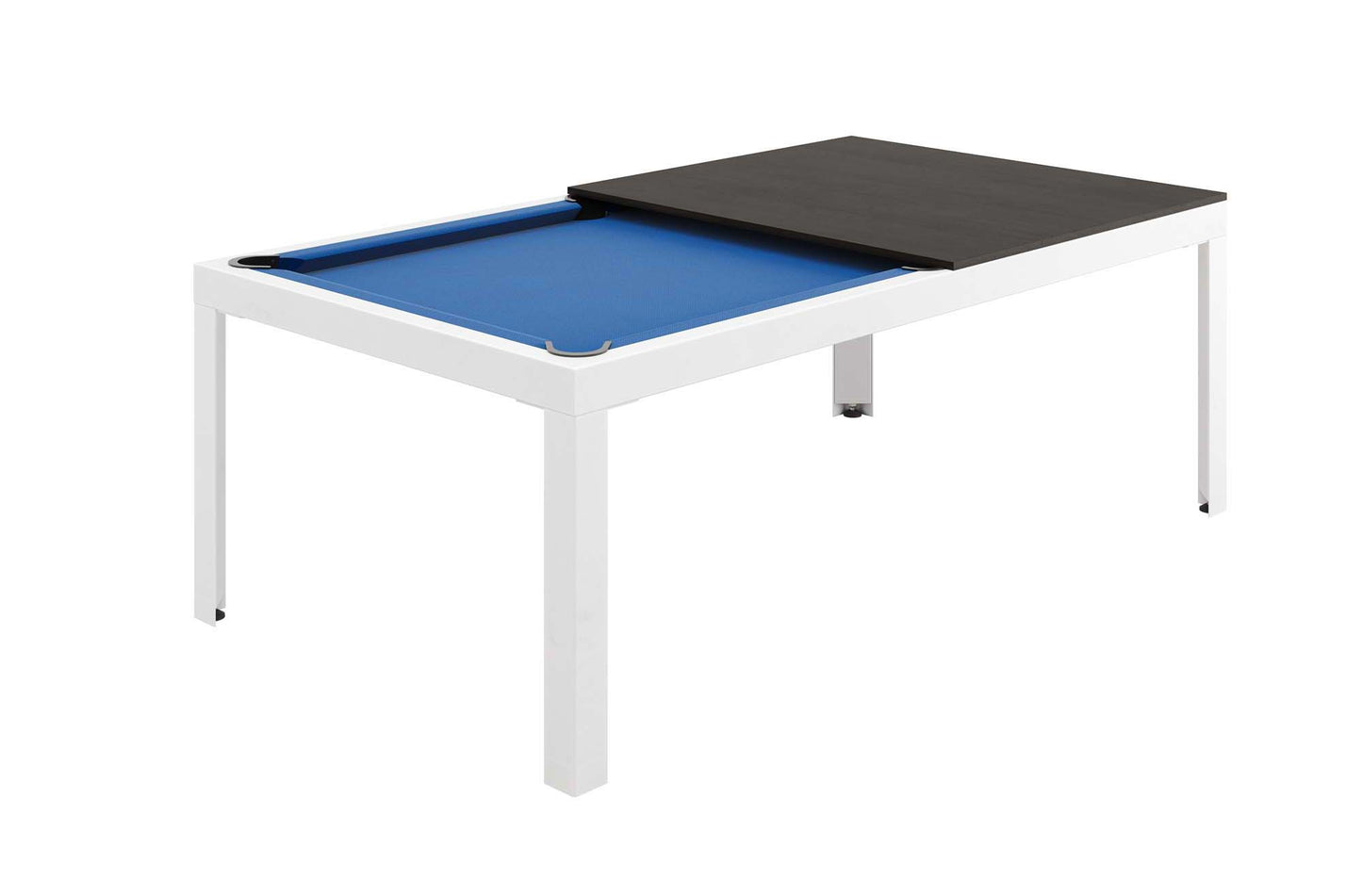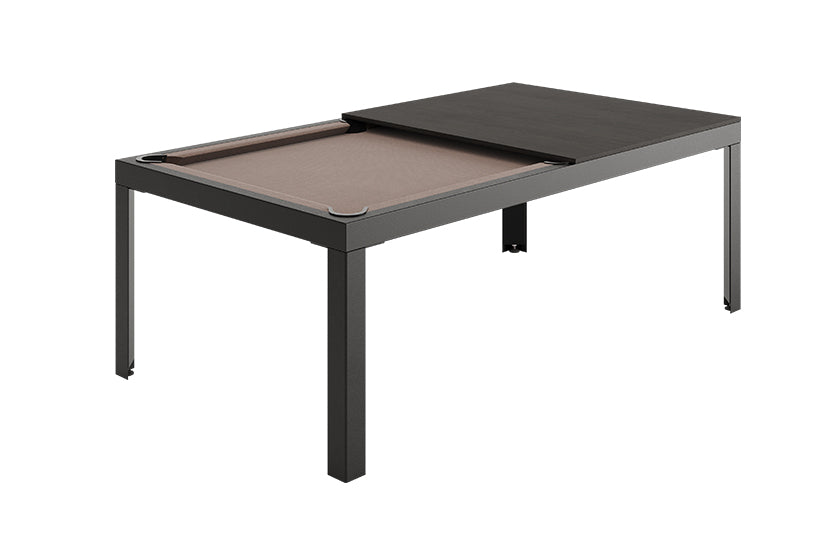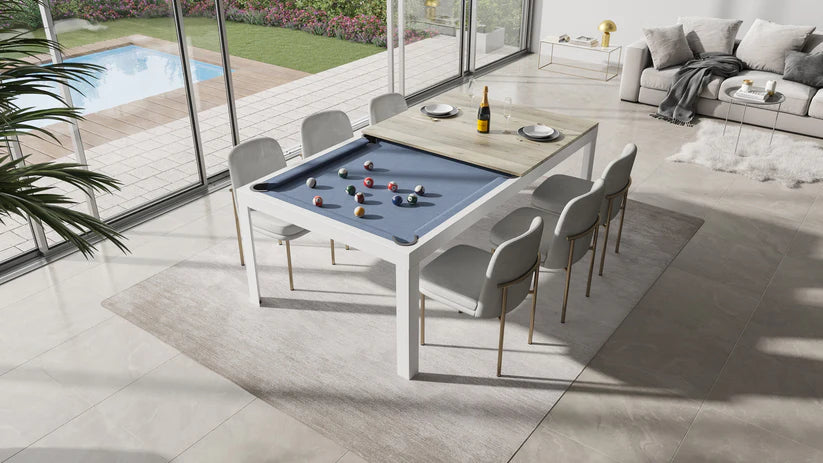
Understanding Floors and Your Pool Table
If you are looking at buying a pool table for your home, you will be aware that pool tables naturally are very heavy pieces of furniture and the question may have passed your mind: "Will my floor be able to withstand the weight of a pool table?". If you've read through some of our other guides, you will already know that depending on the pool table, they can be exceptionally heavy (over 800 kg in the most extreme cases) and you may be wondering whether certain floors will be able to withstand these kinds of weights.
This guide will only be general, so the most relevant and important piece of advice we can give is to check the manufacturer’s guidelines to find the weight allowances, so see.
What type of floors are suitable for pool tables?
When it comes to choosing a floor for your pool table, there are a few factors to consider. The first and most important factor is the weight-bearing capacity of the floor. Pool tables can weigh anywhere from 200 kg to over 800 kg, so it is crucial to ensure that your floor can handle this weight.
Concrete floors are generally the best option for pool tables. They are strong, durable, and can easily support the weight of a pool table. If you have a concrete basement or garage, these areas are ideal for setting up a pool table.
If you don't have a concrete floor, you can still use other types of flooring, but you may need to take additional precautions. For example, if you have a wooden floor, you can reinforce it by adding support beams or using a subflooring system. This will help distribute the weight of the pool table more evenly and prevent any damage to the floor.
What floors should be avoided?
While concrete and reinforced wooden floors are suitable for pool tables, there are certain types of flooring that should be avoided. These include:
Carpet: Carpet is not recommended for pool tables as it can be easily damaged by the weight of the table. It may also cause the table to be unstable, affecting the quality of your game.
Vinyl: Vinyl flooring is not as strong as concrete or wood and may not be able to support the weight of a pool table. It is best to choose a more durable flooring option.
Laminate: Laminate flooring is not designed to handle heavy loads and may buckle or warp under the weight of a pool table. It is not recommended for this purpose.
It is important to note that even if your floor is suitable for a pool table, you should still take precautions to protect both the floor and the table. Using furniture sliders or protective mats can help prevent any damage to the floor, while also making it easier to move the table if needed.
In conclusion, when choosing a floor for your pool table, it is essential to consider the weight-bearing capacity of the floor. Concrete floors are the most suitable option, but if you have a different type of flooring, you can reinforce it to ensure it can handle the weight. Avoid carpet, vinyl, and laminate flooring as they may not be able to support the weight of a pool table. By choosing the right floor and taking necessary precautions, you can enjoy your pool table without worrying about any damage to your floor.
This guide will only be general, so the most relevant and important piece of advice we can give is to check the manufacturer’s guidelines to find the weight allowances, so see.
What type of floors are suitable for pool tables?
When it comes to choosing a floor for your pool table, there are a few factors to consider. The first and most important factor is the weight-bearing capacity of the floor. Pool tables can weigh anywhere from 200 kg to over 800 kg, so it is crucial to ensure that your floor can handle this weight.
Concrete floors are generally the best option for pool tables. They are strong, durable, and can easily support the weight of a pool table. If you have a concrete basement or garage, these areas are ideal for setting up a pool table.
If you don't have a concrete floor, you can still use other types of flooring, but you may need to take additional precautions. For example, if you have a wooden floor, you can reinforce it by adding support beams or using a subflooring system. This will help distribute the weight of the pool table more evenly and prevent any damage to the floor.
What floors should be avoided?
While concrete and reinforced wooden floors are suitable for pool tables, there are certain types of flooring that should be avoided. These include:
Carpet: Carpet is not recommended for pool tables as it can be easily damaged by the weight of the table. It may also cause the table to be unstable, affecting the quality of your game.
Vinyl: Vinyl flooring is not as strong as concrete or wood and may not be able to support the weight of a pool table. It is best to choose a more durable flooring option.
Laminate: Laminate flooring is not designed to handle heavy loads and may buckle or warp under the weight of a pool table. It is not recommended for this purpose.
It is important to note that even if your floor is suitable for a pool table, you should still take precautions to protect both the floor and the table. Using furniture sliders or protective mats can help prevent any damage to the floor, while also making it easier to move the table if needed.
In conclusion, when choosing a floor for your pool table, it is essential to consider the weight-bearing capacity of the floor. Concrete floors are the most suitable option, but if you have a different type of flooring, you can reinforce it to ensure it can handle the weight. Avoid carpet, vinyl, and laminate flooring as they may not be able to support the weight of a pool table. By choosing the right floor and taking necessary precautions, you can enjoy your pool table without worrying about any damage to your floor.

